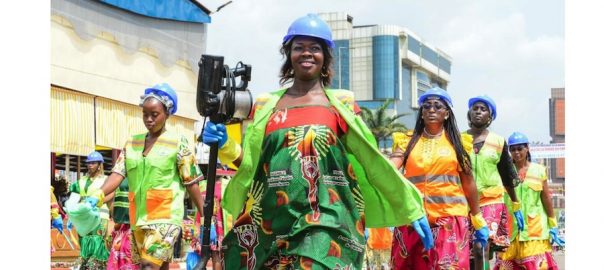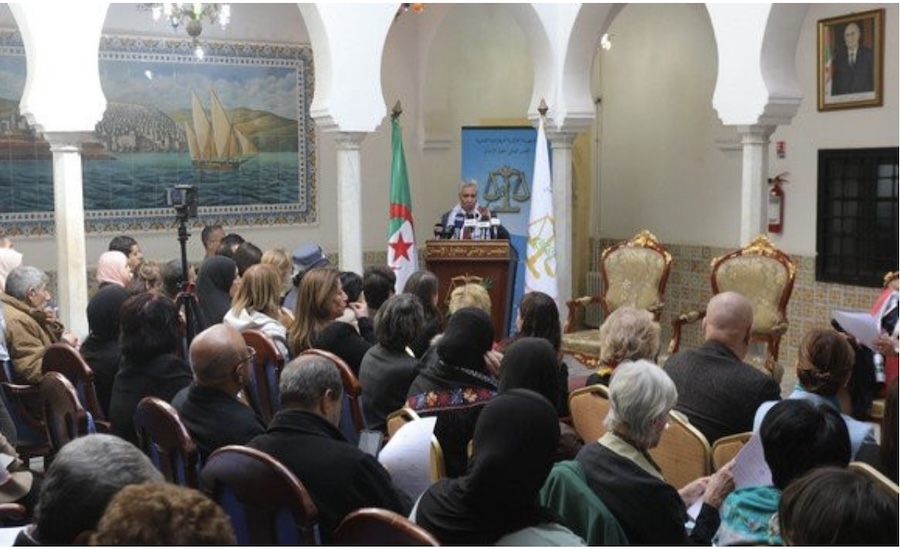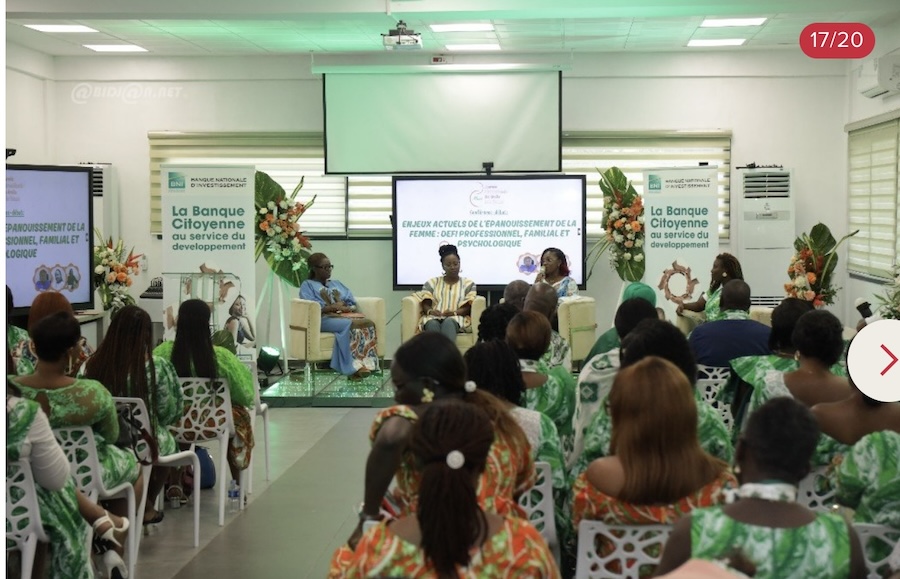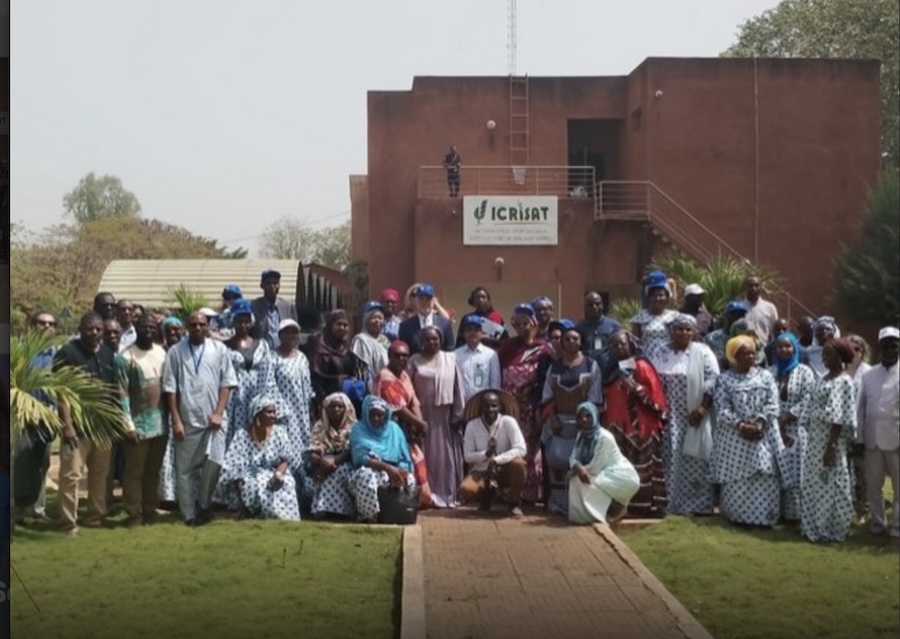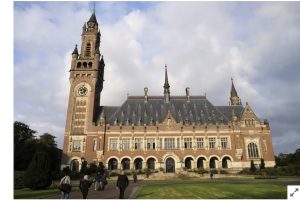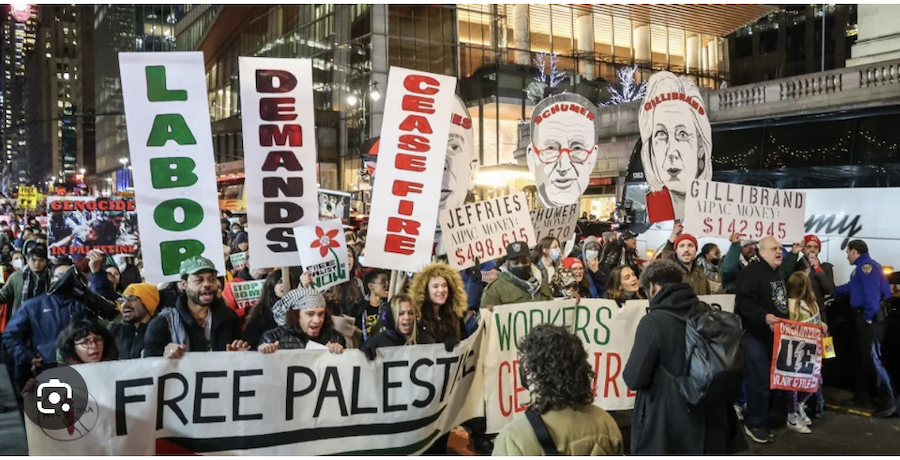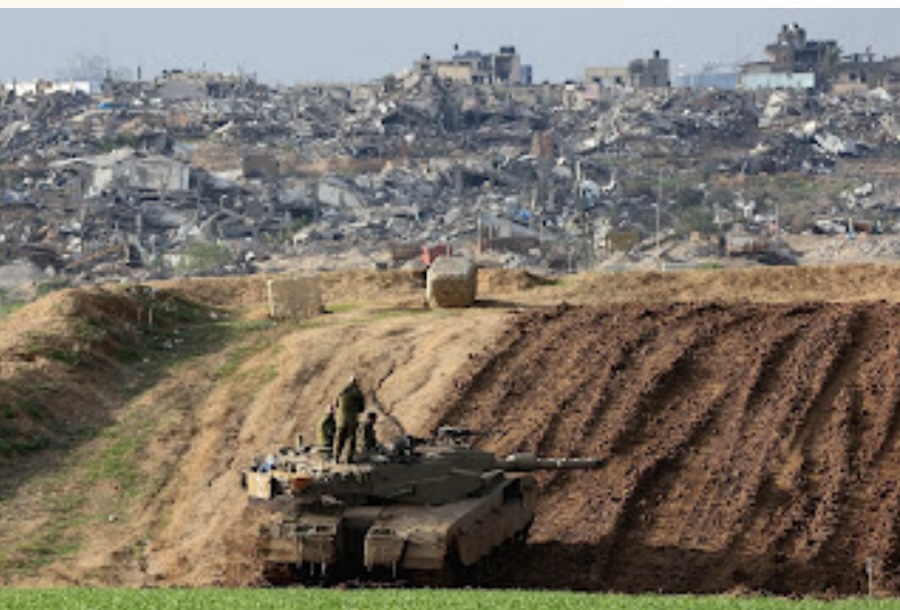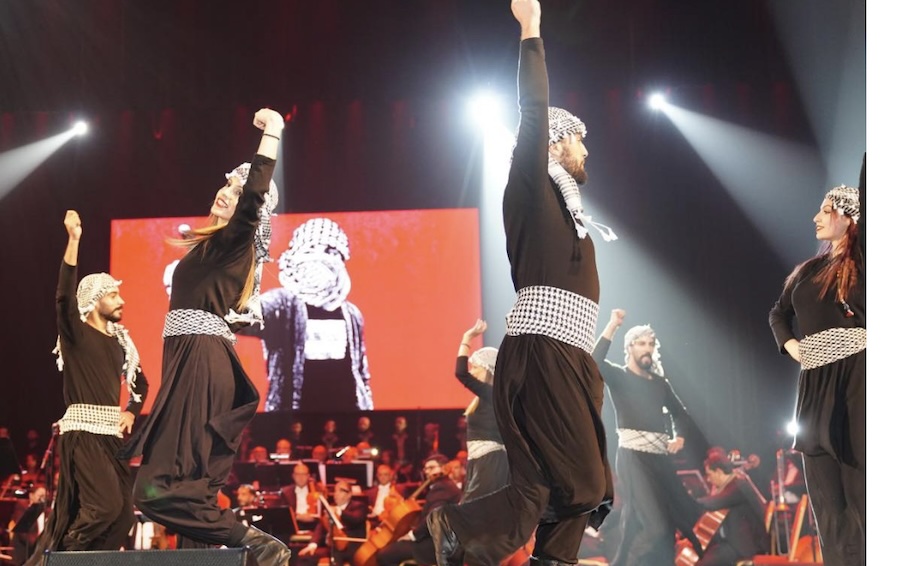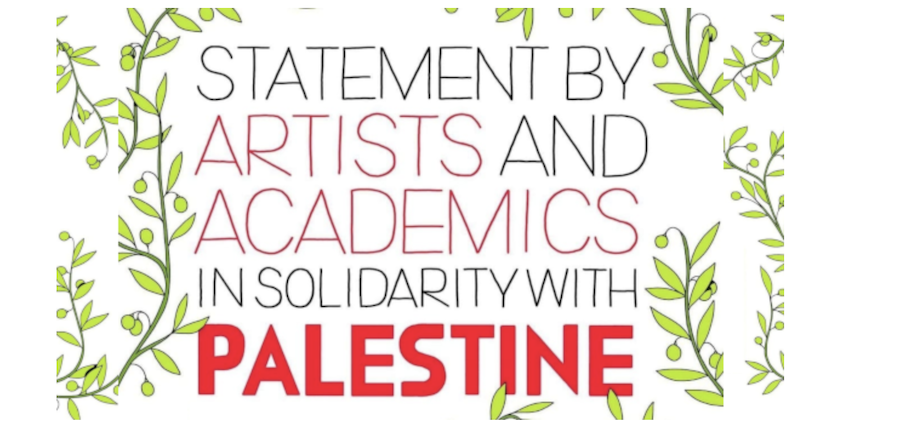. TOLERANCE & SOLIDARITY .
An article by Dr. Kobby Barda in the Jerusalem Post
On May 7th, 2024, the Haifa Laboratory for Religious Studies (HLRS) at the University of Haifa will host its 2nd Annual Symposium on Religion and Diplomacy in the Middle East. This one-day event takes place in the shadow of recent events, as October 7th saw a renewed conflict fueled by religious tensions.
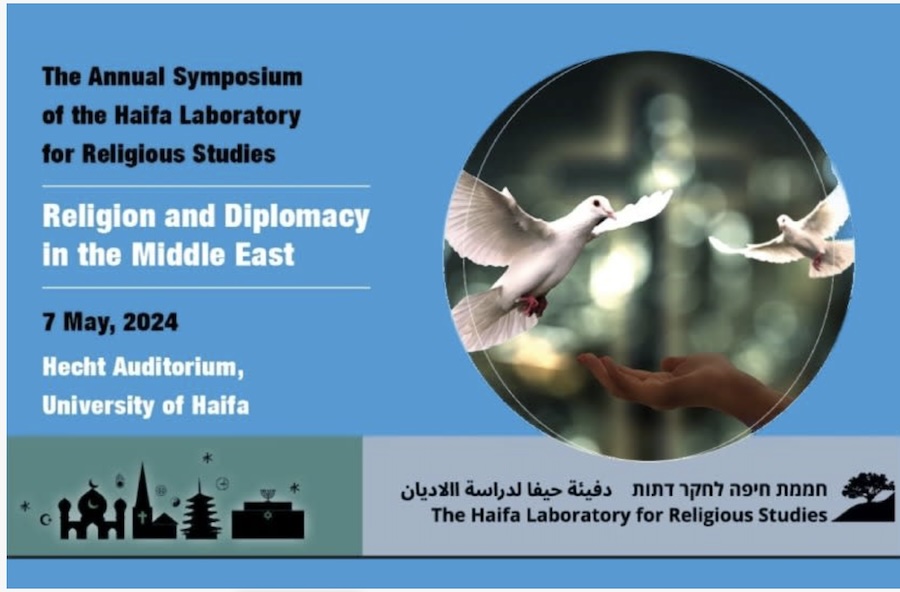
A Beacon of Hope in Haifa:
This timely symposium will be held in the vibrant and religiously-diverse city of as such, Haifa, a model for communities living side-by-side, serves as the perfect backdrop for crucial discussions aimed at achieving a more hopeful future for the Middle East.
Exploring Religion’s Role in the Region:
The symposium delves into the multifaceted role of religion in the Middle East. The event will explore how religion can be a force for peace and reconciliation, while also acknowledging the complexities and challenges it can present. Through engaging discussions and presentations by leading experts, the symposium seeks to bridge divides and foster understanding between different faiths.
Engaging Discussions with Renowned Experts:
The symposium will open with a keynote address by Lord Tariq Ahmad of Wimbledon, the UK Minister of State for the Middle East.
The heart of the symposium lies in its engaging panels. The first, titled “Religion and peace: working at grassroots level,” brings together a diverse group of experts. Moderated by Shlomi Eldar of Channel 13 Israel, the panel features Prof. Katherine Marshall, Kadi Dr. Iyad Zahalka, journalist Henrique Cymerman, and Archbishop of Acre Youssef Abedallah Matta. These voices from academia, religious institutions, and media will offer unique insights into grassroots peacebuilding efforts.
(continued in right column)
How can different faiths work together for understanding and harmony?
(continued from left column)
The panel will be followed by a conversation between renowned specialist on issues of global religious freedom and HLRS senior research Dr. Chris Seiple and Prof. Jennifer Brick Murtazashvili, the founding director of the Center for Governance and Markets at the University of Pittsburgh on collaborations between scholars and religious practitioners in promoting regional diplomacy. Their conversation will set the floor for the formal launching of NEXUS – the first online platform focused on the interface of religion and politics in the Middle East.
Another special session will feature conversation between former minister rabbi Michael Melchior and sheikh dr. Eyad Amer, both of Mosaica, on their work behind the scenes to bring about reconciliation around religious conflicts within Israeli society.
The concluding panel on “Religious answers to religious radicalism,” will delve into the theological and social responses to religious extremism. Panelists include peace activist and United Nations Security Council advisor Huda Abu Arqoub, Prof. James Walters of the London School of Economics, Prof. Katherine Marshall of the Berkley Center for Religion, Peace, and World Affairs, and Dr. Tomer Persico of the Shalom Hartman Institute.
A Special Recognition:
The symposium culminates with a special address by President Isaac Herzog, who will share a message of peace and use this platform to call for global interfaith collaboration, a cornerstone for a more hopeful future in the Middle East. President Herzog will deliver his message at the beginning of a special honorary session dedicated to Rabbi David Rosen, a renowned leader in regional interfaith endeavours, and international president of Religions for Peace. This session will feature distinguished guests who will acknowledge Rabbi Rosen’s contributions to promoting peace and understanding.
About the Haifa Laboratory for Religious Studies
Founded in 2020, the HLRS has established itself as a hub for research, education, and dialogue on interfaith dynamics. Through its commitment to interfaith understanding, religious pluralism, and freedom of worship, the HLRS seeks to contribute valuable insights to navigating the complexities of the Middle East.
– – – – – –
If you wish to make a comment on this article, you may write to coordinator@cpnn-world.org with the title “Comment on (name of article)” and we will put your comment on line. Because of the flood of spam, we have discontinued the direct application of comments.
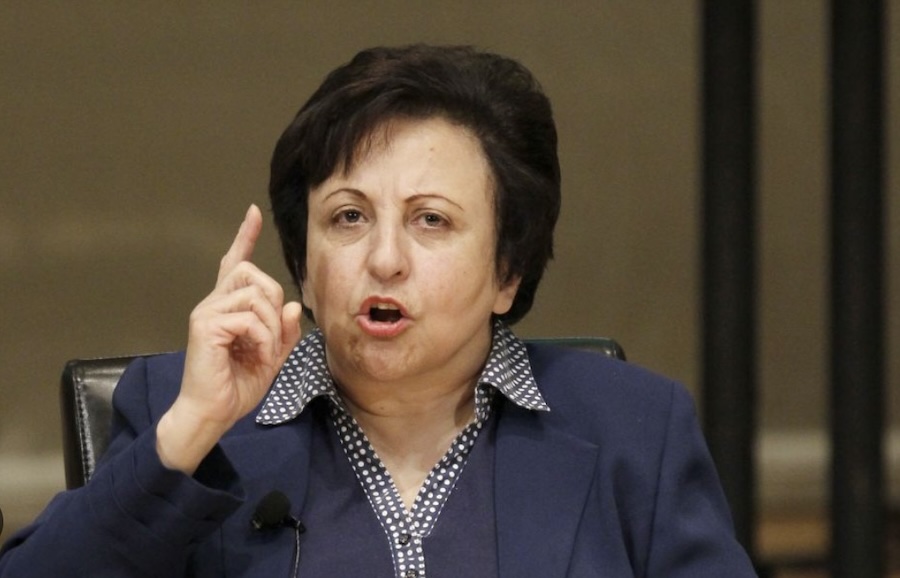
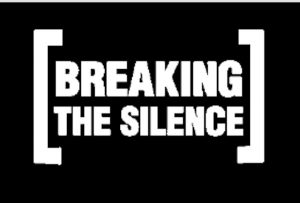
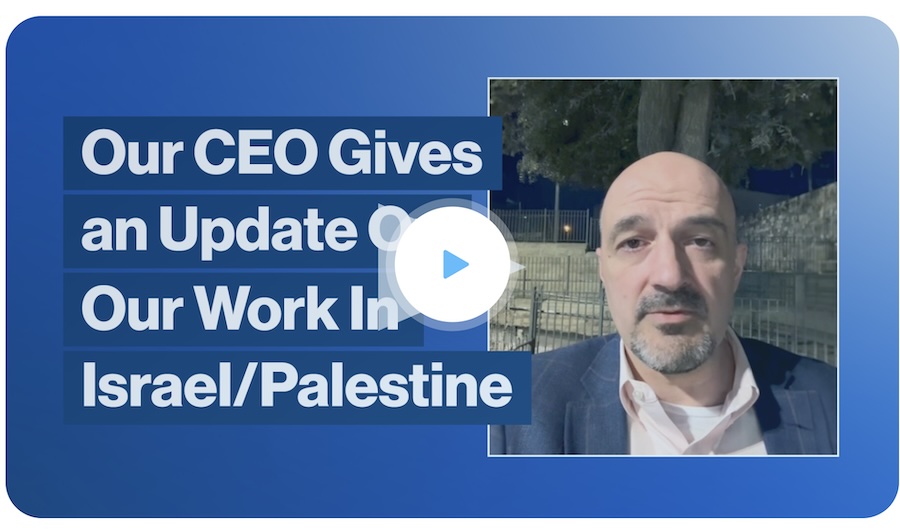 Video 5. Click on image to see the video
Video 5. Click on image to see the video